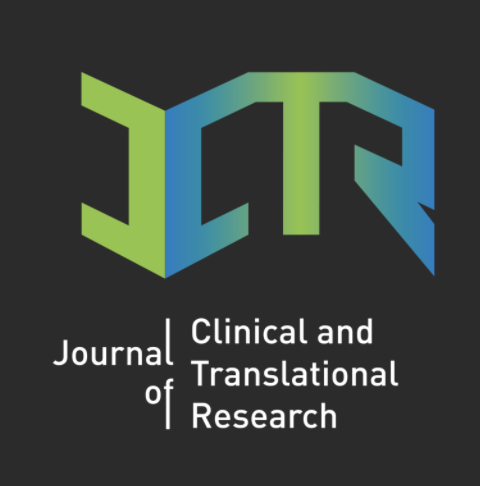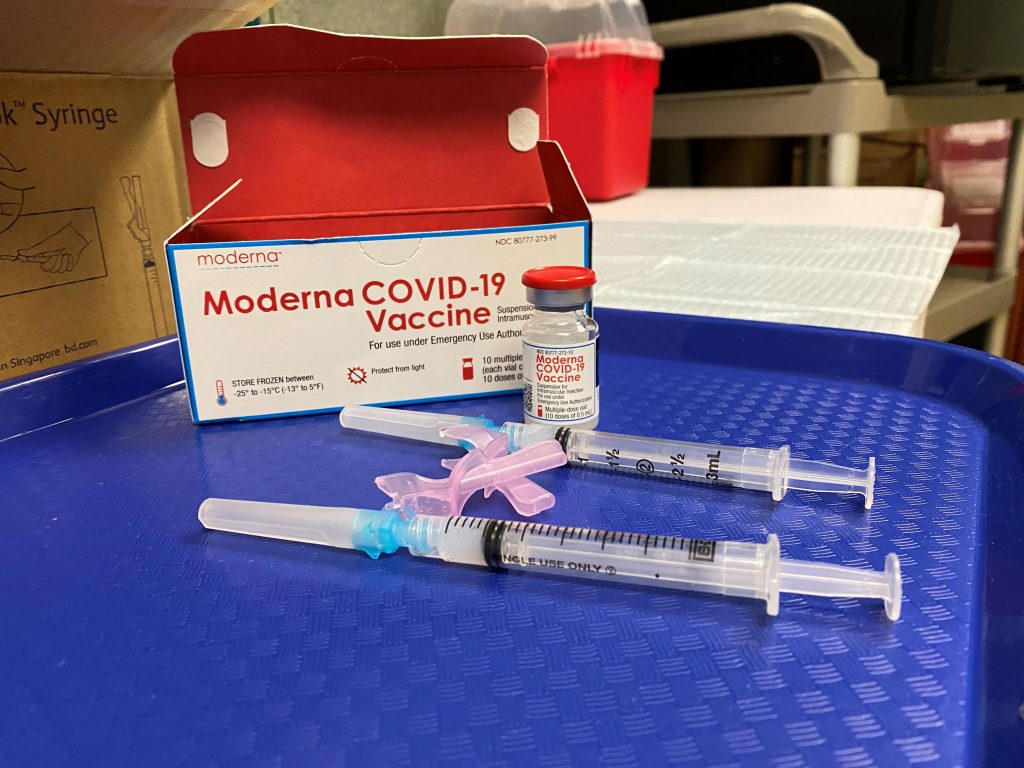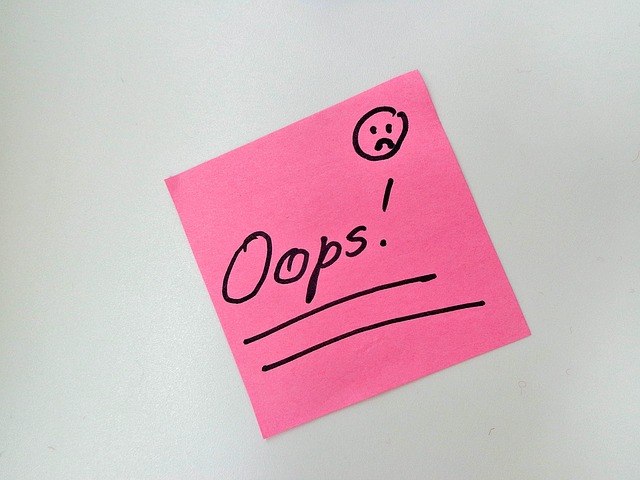A second journal has said it was unaware of a cash for citations scheme that named it as a participant, following our reporting in August.
The Journal of Clinical and Translational Research (JCTR) was one of five journals listed by Innoscience Research that Innoscience would pay $6 per citation to its work, as we reported on August 31. On October 9, another of those journals said it “will not entertain cash requests from the individuals who claim to have cited our articles, nor shall we pay up.”
In “JCTR’s statement on ‘paid citations’ reported by Retraction Watch,” dated October 10, editor in chief Michal Heger writes:
Continue reading Another journal distances itself from cash for citations after Retraction Watch report






